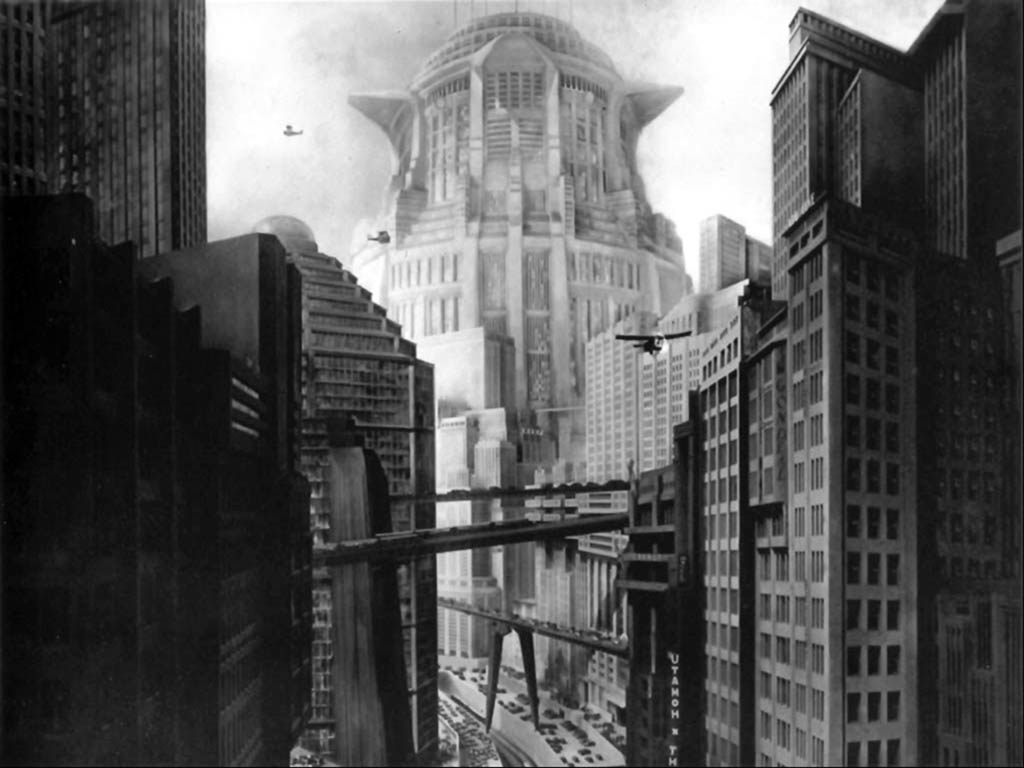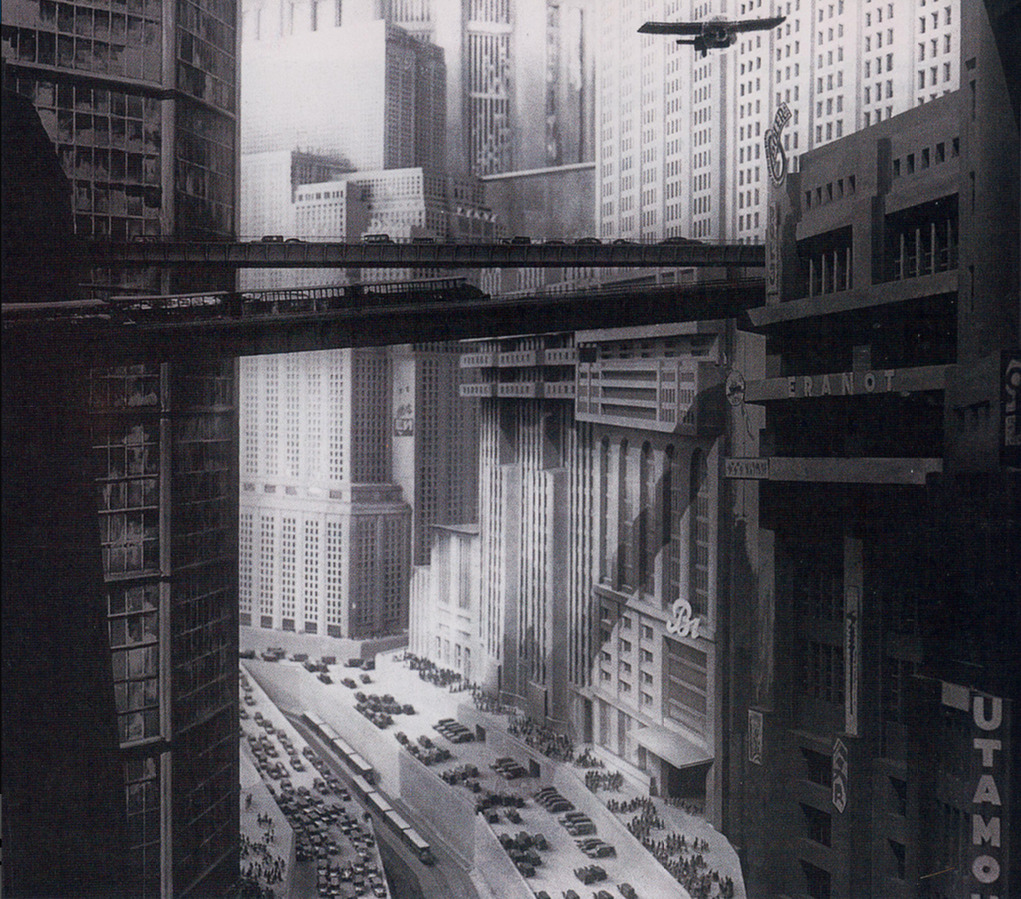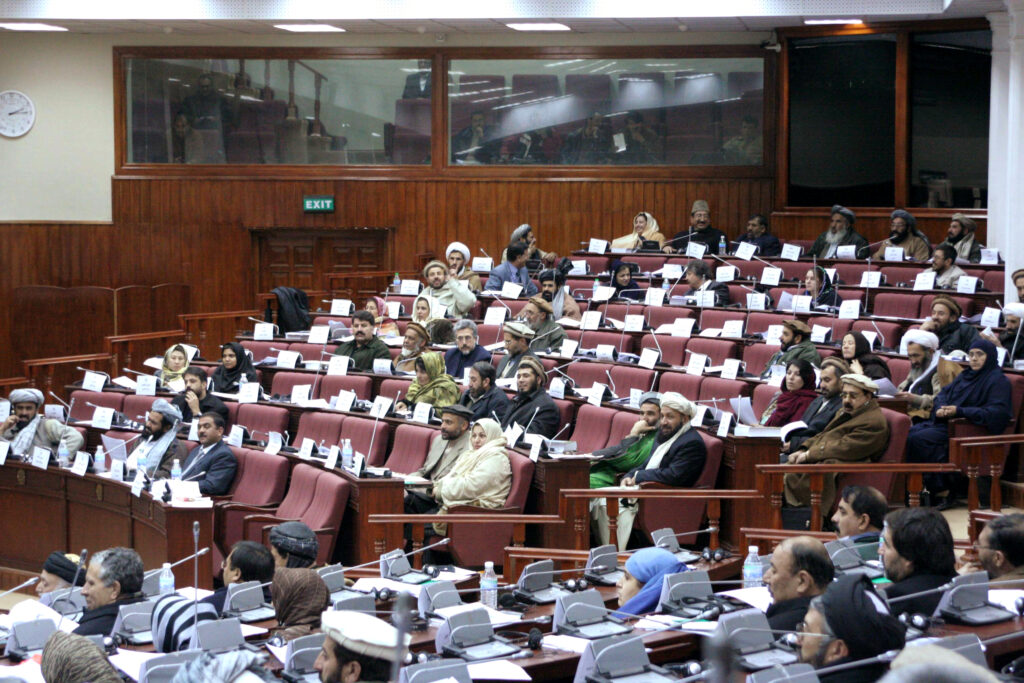
In the last article in this series, we covered the strong-government/pro-business tradition of Alexander Hamilton, Abraham Lincoln and Theodore Roosevelt. In this article, we shall see how the utopianism of later Progressivism subverted the fundamental conservatism of the original Hamiltonian scheme of political philosophy.
In his column, Brooks writes of the decline of old Hamiltonianism and the onslaught of Progressivism:
“But this Hamiltonian approach has been largely abandoned. The abandonment came in three phases. First, the progressive era. The progressives were right to increase regulations to protect workers and consumers. But the late progressives had excessive faith in the power of government planners to rationalize national life. This was antithetical to the Hamiltonian tradition, which was much more skeptical about how much we can know and much more respectful toward the complexity of the world…
… A government that was energetic and limited was turned into one that is omnidirectional and fiscally unsustainable.”
In the early 20th century, the burgeoning Progressive movement affected the thought of various factions of political thinkers across party lines. To understand why the Woodrow Wilson Progressive Democrats differed so greatly from the Theodore Roosevelt Progressive Republicans, one must look at the accomplishments and aims of both factions.
The Theodore Roosevelt Republicans believed the purpose of government to level the playing field and erode the hegemony over the economy that the major corporations held. They saw equality of opportunity, as well as national economic growth, as the two complementary ends of progressive government. Toward this end, they designed a progressive reformist platform. Indeed, Roosevelt’s New Nationalism was even more interventionist than Wilson’s New Freedom.
The New Nationalism and the Square Deal were composed of various pieces of policy, including the conservation of natural resources, the control of corporations and the protection of consumers. Through trust busting and the imposition of regulations on big business, Roosevelt prevented non-useful monopolies from dominating economic life and stifling competition. Yet, concurrently, the Republicans of this era sought to protect big business from the trepidations of angry laborers. Roosevelt also pioneered universal insurance schemes and sought to establish a minimum standard of income Americans could depend upon during hard times, alienating himself from conservative Republicans. And, beyond all these, the Roosevelt presidency saw the imposition of consumer protection regulations and the conservation of national natural resources. All of these were done in the spirit of leveling the playing field and opening up opportunity to the masses of Americans.
At first glance, the policies of the Woodrow Wilson and William Jennings Bryan Democrats might appear quite similar to Roosevelt’s, as indeed they were. Most scholars make the mistake of treating the Progressive Republicans and the Progressive Democrats as two sides of the same coin. Indeed, the fact that Wilson’s reforms typically broke up trusts and then stepped back to allow businesses to compete seems to suggest that Wilson was almost more conservative than Roosevelt.
Despite the relative similarities between the progressive systems, it should not be forgotten that Roosevelt’s was temperamentally conservative, viewing conflict and inequality as unfortunate natural components of the human condition, whereas Wilson’s was fundamentally utopian, seeing human nature as malleable and human society as able to be planned and perfected. This was reflected in the mandates of the organizations established under Wilson’s term, as well as in the changing nature of the bureaucracy under Wilson. Taylorism – faith in rational planning and ‘scientific management’ – took hold, ultimately precipitating the rise of an uber-rationalistic bureaucracy that tended to treat human beings as numbers rather than little balls of passion and potential. Thus, though the early Progressives sought an activist government, they were fundamentally respectful of the limits to human knowledge and human nature; the later Progressives tended to view human affairs mathematically and bequeathed to us the gargantuan, technocratic, dysfunctional behemoth that we know today. The establishment of public policy as something akin to a natural science has been a bane to Hamiltonian government.
Therefore, the true difference between Roosevelt’s Progressives and Wilson’s Progressives was not a question of activism—both were activists in action to degrees that far exceeded anything American government had seen since. No, the true difference was one of temperament. The Roosevelt Republicans, wisely weary of the inevitability of perpetual conflict, war, poverty and vice, did not set forth the perfect society or the human condition. They merely sought to provide the most possible opportunities for those willing to work for them.
Among Wilson’s Democrats, however, there was indeed a stretch of idealism that would have made the classical thinkers ashamed. Wilsonian views of the universal unity of human desires, on the gradual evolution of human nature, of the finite nature of war and poverty, and of the infinite reasoning capacities of the human mind, all popular in the academia of the early 20th century (and indeed of the academia of today), polluted government activism on the Progressive side and made it a tool for misguided utopian planners and potential maniacal despots. The popularity of Social Darwinism and racial pseudoscience in America at the time, and of Nazism and Communism in later Germany and Russia, respectively, points to the cruciality of a humble and cynical view of human affairs more in line with that of Machiavelli than that of Rousseau.
We live to this day with a bureaucratic policy elite whose epistemological and moral senses are fundamentally derived from the idealism of the Wilson Progressives. It would be wise to abandon this reverence for pseudoscience and return to a humbler, more empirical view of human nature of the sort of which Roosevelt, that great Romantic, would have approved.
A version of this article first appeared at Independent Voters Network.
The views expressed by the author do not necessarily reflect those of the Glimpse from the Globe staff, editors, or governors.







